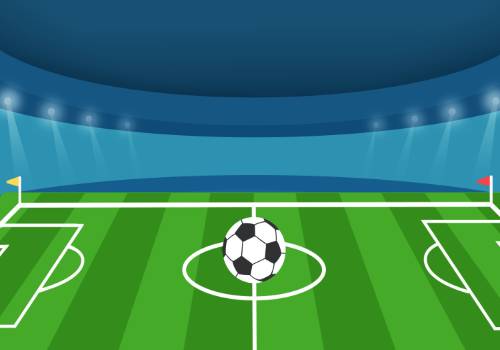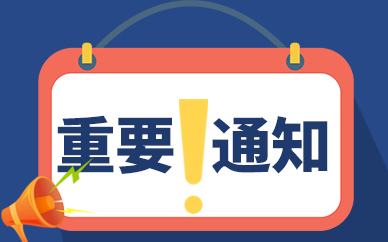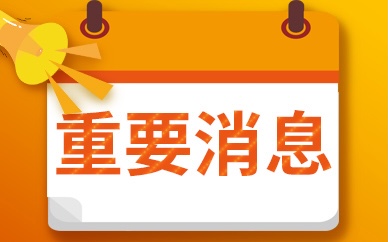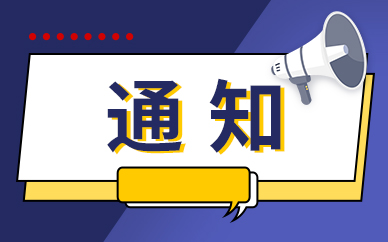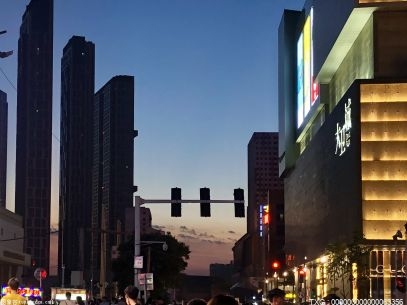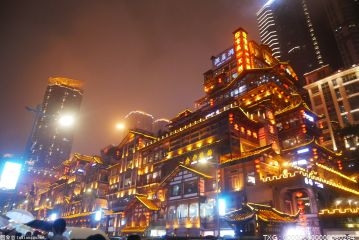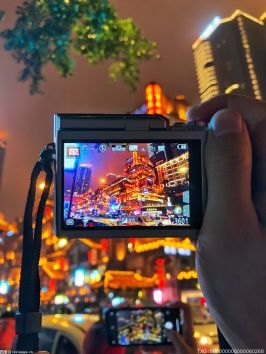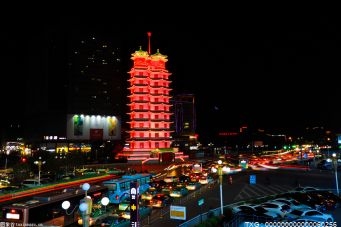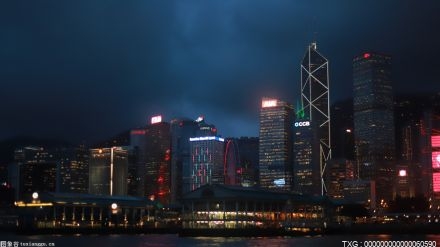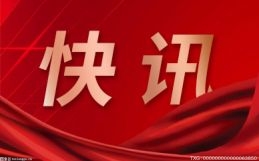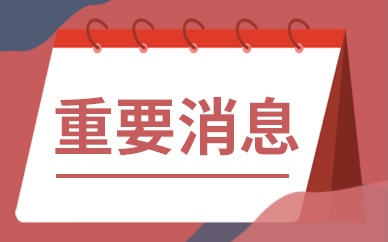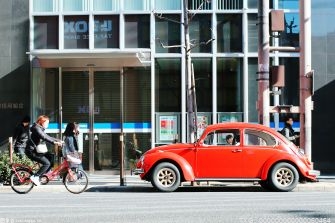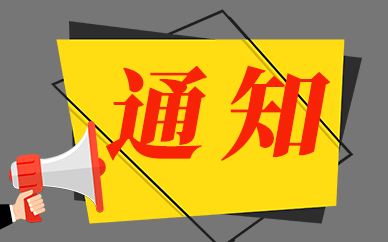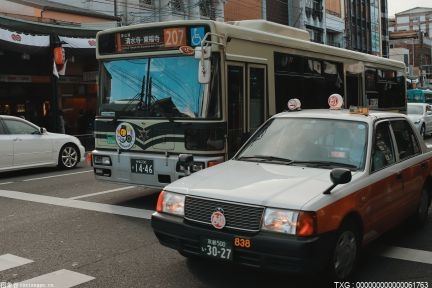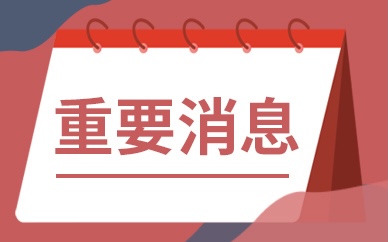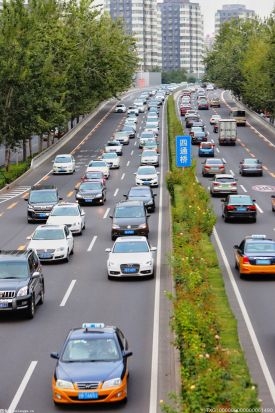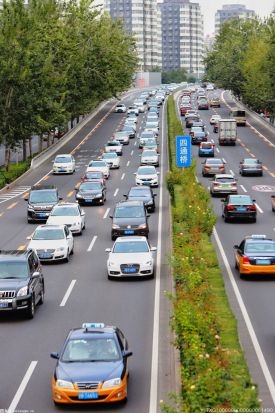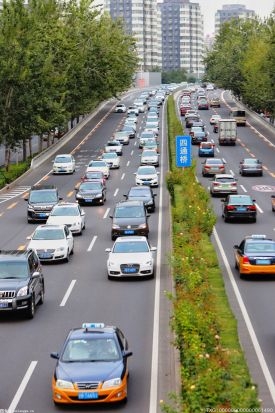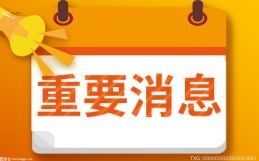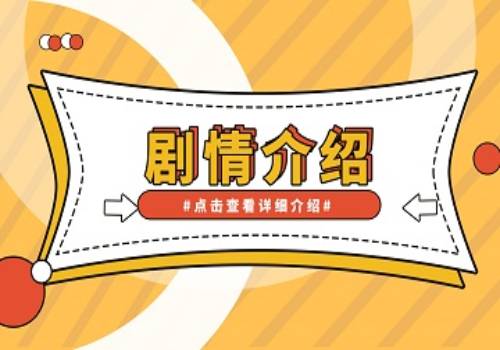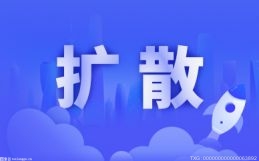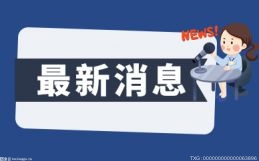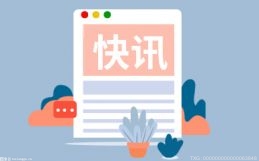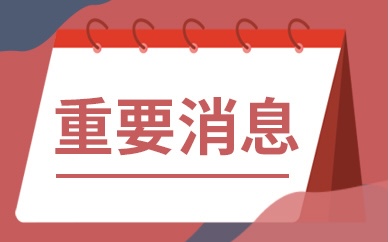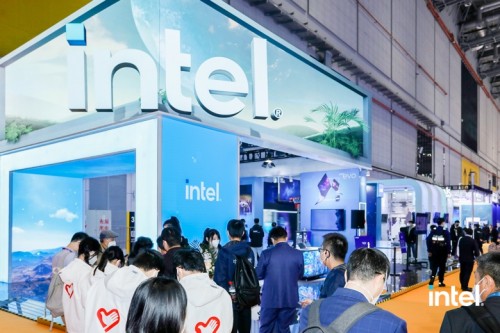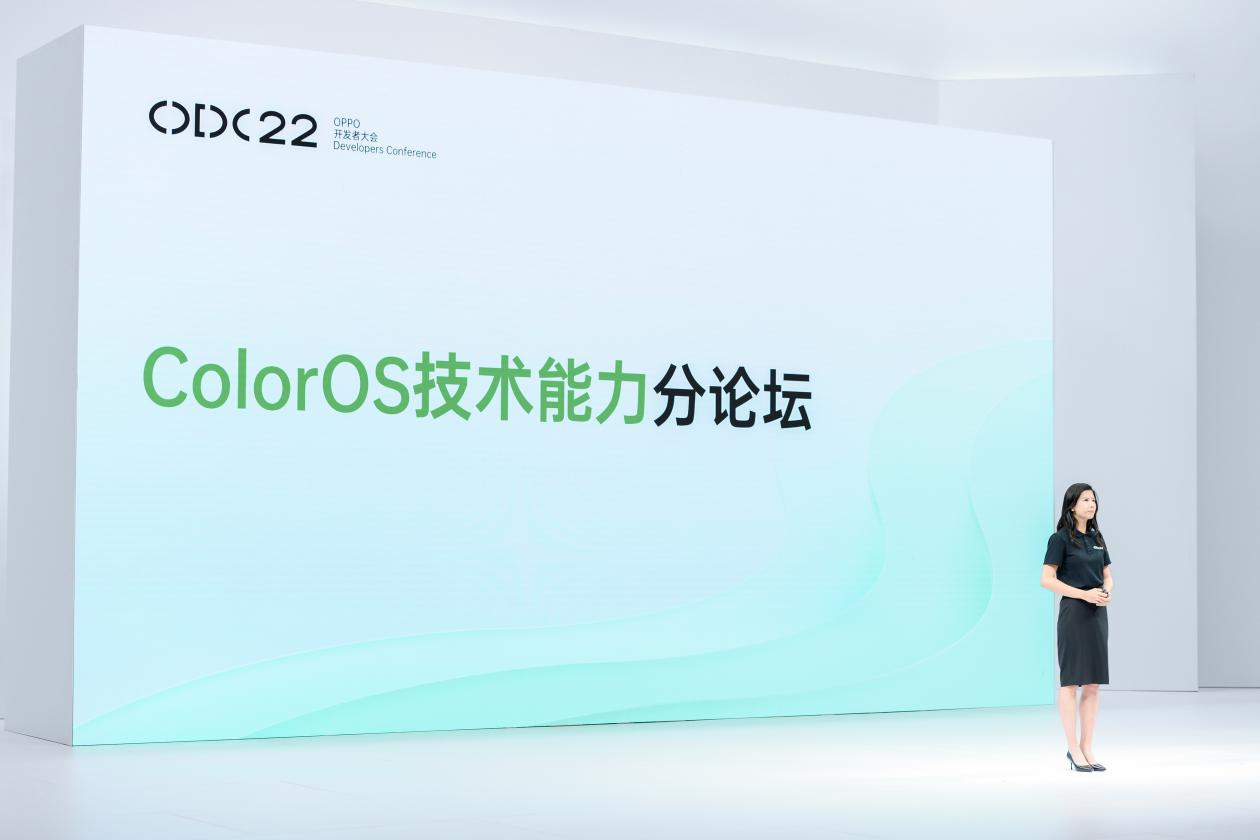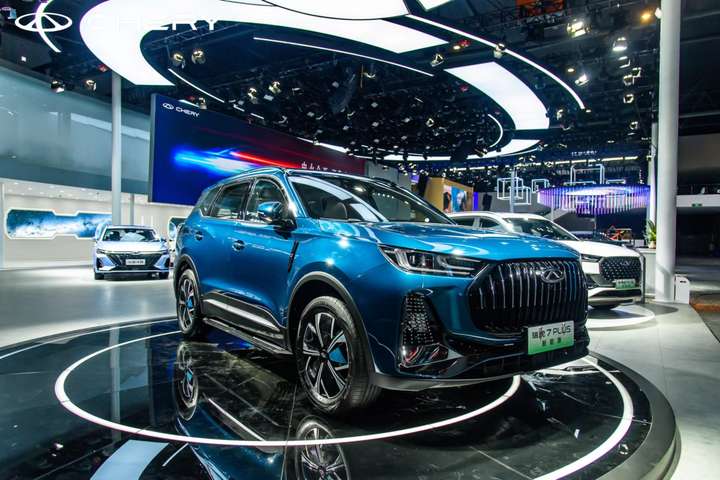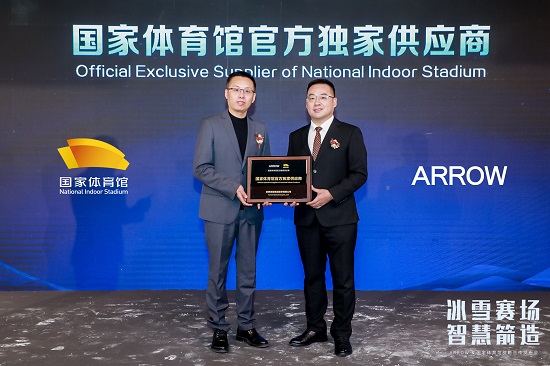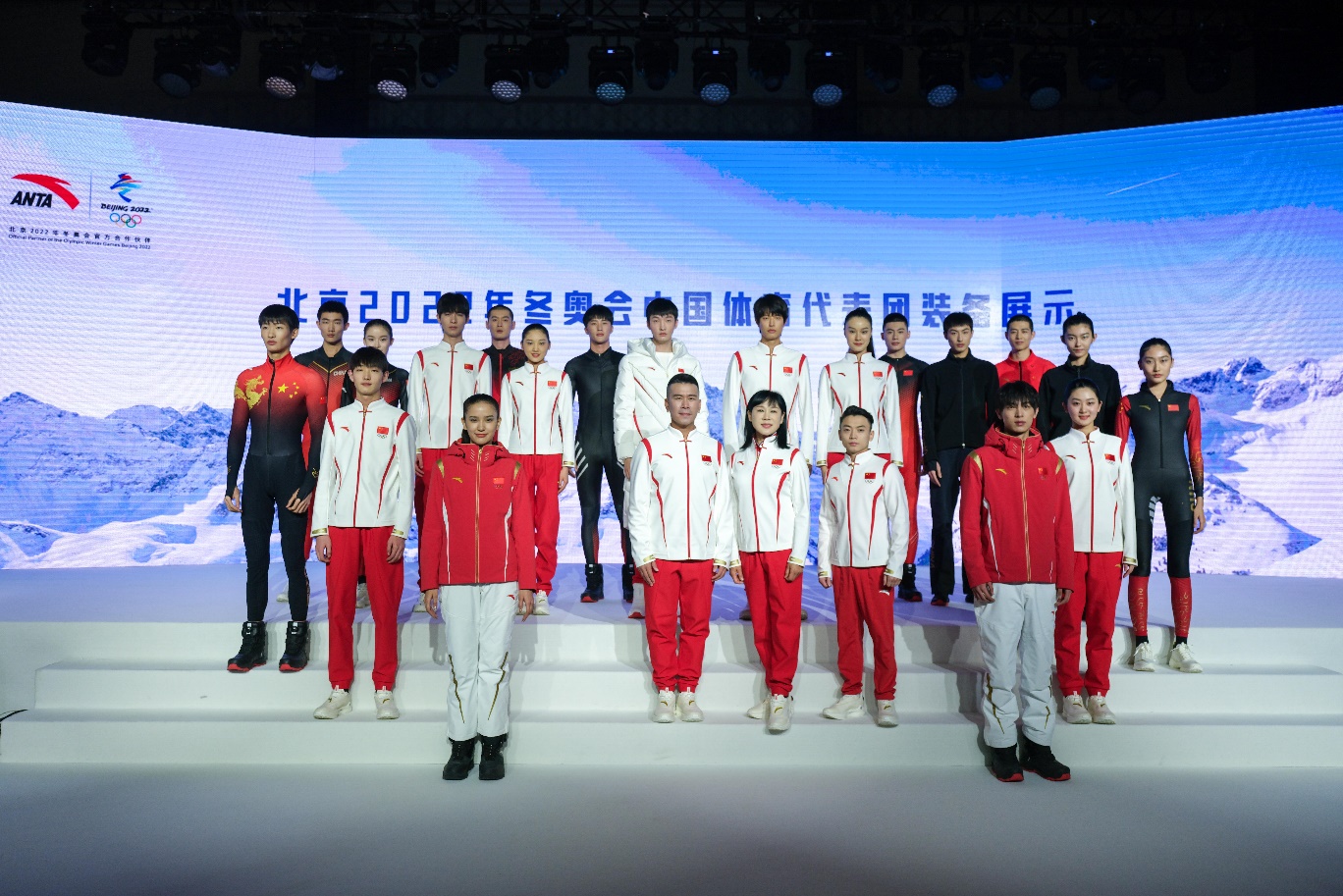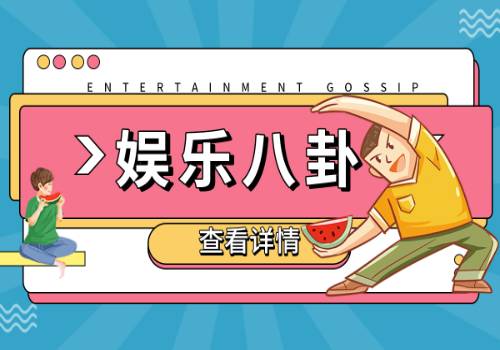BEIJING, November 21 (TMTPOST) – The World Cup 2022 Qatar is set to be a tournament to shatter many records, including viewers, revenues and hotel room prices or more precisely the prices of container-converted cells or tents in some cases.
About 1.2 million to 1.7 million of soccer fans and tourists were expected to pour into Qatar, which had only 31,000 hotel rooms. How to accommodate visitors was a challenge to the host.
Qatar tapped into all potential resources, including private homes, container-converted cells, tents and cruises. With a tight supply, hotel prices spiked. The average hotel room price ranges from 500 U.S. dollars to 5,000 U.S. dollars per night. Even a container-converted unit is priced at 200 U.S. dollars per night. A tent is priced at 80 U.S. dollars per night.
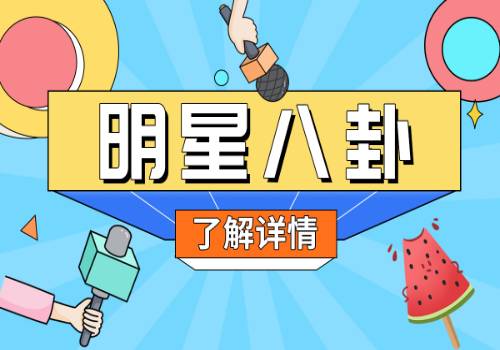 (资料图片仅供参考)
(资料图片仅供参考)
About 3 to 4 billion of viewers are expected to watch the 32nd men’s football tournament since 1930. A whopping 220 billion U.S. dollars have been spent on many massive projects including seven brand new football fields.
In addition to the host country, FIFA, the governing body of soccer, has also spend lavishly organizing the tournament. FIFA is expected to spend record 440 million U.S. dollars on football players in Qatar, which is 40 million U.S. dollars more than that in Moscow. The champion will receive a record prize of 42 million U.S. dollars.
FIFA"s revenues have spiked.
FIFA also made a fortune. Revenues surged from 1.638 billion U.S. dollars in the South Korea-Japan World Cup to 5.357 billion U.S. dollars in Russia. In Qatar, FIFA earned record revenues of 7.5 billion U.S. dollars in the four years of commercial deals tied to the 2022 World Cup.
Deep-pocketed Chinese Sponsors and Diligent Small Yiwu Merchants
A majority of the 7.5 billion U.S dollars revenues came from broadcasters, sponsors, ticket-paying viewers and authorized merchants. In South Africa in 2010, 66% of FIFA’s revenues came from broadcast deals. In Qatar, the broadcasting deals accounted for about 56% of FIFA’s total revenues.
Chinese companies have appeared on the list of official sponsors.
In addition to top-tier sponsors like Coco-Cola, Adidas and Wanda, Chinese smartphone maker Vivo, diary producer Mengniu and electronics maker Hisense are also official sponsors of the men’s tournament in Qatar.
Of many authorized merchants in the 2022 World Cup, Wu Xiaoming is a sporting equipment retailer and his company Aokai Sporting Equipment in Yiwu once sold a record of 1.5 million footballs in a year. "The third quarter is often the slack season for small commodity exports, but due to World Cup-related products, it was a peak season," said Wu. "As a result, our orders jumped by 70 percent year on year."
Since 2010, the World Cup has kicked off a contest in exports in Yiwu every four years. Besides Wu, Chen Xianchun, a merchant of souvenirs including World Cup trophies, medals, key chains and other accessories, has been selling inexpensive Chinese goods to overseas markets from Yiwu for nearly 18 years. Her orders surged nearly 50 percent in the past summer from the same period of 2021.
Yiwu"s World Cup-related exports have surged.
According to the Yiwu Cross-border E-commerce Association, sporting goods and equipment exports related to the 2010 South Africa World Cup amounted to 65.54 million U.S. dollars in January-May 2010. The figure associated with the Brazil World Cup was 160 million U.S. dollars from January to May 2014. In the first four months of 2018 alone, the figure was over 1 billion U.S. dollars prior to the opening of the Moscow World Cup.
In the first eight months of 2022, the made-in-Yiwu World Cup-themed products, ranging from trumpets, whistles and sporting clothes to soccer balls and trophies, accounted for about 70% of the world market.
The changes in Yiwu’s exports are often viewed as an indicator for world events, including the U.S. presidential elections. The exports of banners and football shoes jumped by 137.4% and 104.9% respectively year on year.
Yiwu"s sporting exports increased sharply in November 2022
In addition to Yiwu, Quanzhou in Fujian province and Shantou in Guangdong province have emerged as centers for producing sports shoes and toys, respectively.
China has a few World Cup-related manufacturing clusters.
As of mid-November, about 40 companies listed in Chinese equity markets are viewed as having connections with the World Cup in Qatar. They include food and beverage producers and telecommunications operators. The tent concept introduced by the FIFA is set to be a boost to camping companies in China.
Some listed companies are viewed as having connections with the World Cup.












